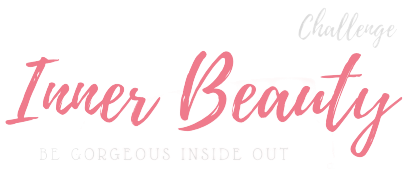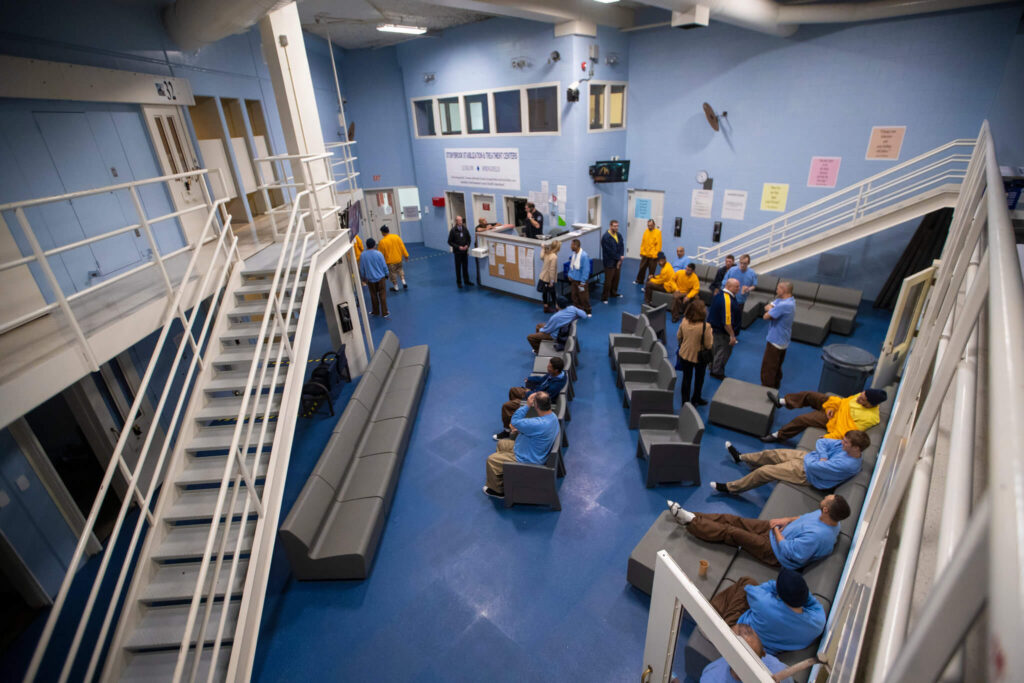There are many choices for dealing with issues related to substance abuse and addiction, and each person will have their own set of objectives while seeking therapy from detox centers nearby. Every person’s experience is unique, and what works for one person may not work for another. Some people may want to entirely abstain from their substance of choice, while others may prefer to manage or minimise their intake, and still others may prefer to utilise a harm reduction approach to reduce the potential consequences connected with substance use. Others may wish to work on addressing the underlying emotional issues that may be contributing to their addiction or substance use, as well as finding non-drug coping mechanisms. Both mental diseases and addictions are caused by a complex and varied combination of biology, psychology, and life experience – particularly stress and trauma – and each person’s treatment needs and goals are unique.
How do treatment centers work?
Table of Contents
Residential inpatient treatment programmes are highly regimented and controlled, with most centres offering comparable activities and therapies.
This reduces residents’ stress and uncertainty while simultaneously providing the safest and most supportive environment possible for healing and recovery.
Daily activities may vary depending on the setting and amenities available.
Following breakfast, there is usually a group session offered by a counsellor or therapist that covers themes such as the treatment process, the 12-step programme, addiction, and recovery.
Getting clarity about the reasons, people, and environments in your life that have fostered your desire to abuse drugs or alcohol is a major focus during therapy.
These regular meetings will help you begin to discover patterns of behaviour that you can change or triggers to avoid post-treatment in the safety of a controlled therapeutic environment.
Types of Treatment Centers
Addiction treatment treatments are usually divided into many general categories or modalities in research studies. Individual programmes and treatment techniques are evolving and diversifying, and many programmes today do not fit neatly into standard drug addiction treatment classifications.
Most, on the other hand, begin with detoxification and medically supervised withdrawal, which is frequently referred to as the first step of treatment. Detoxification, or the process of the body ridding itself of drugs, is used to manage the acute and sometimes harmful physiological effects of quitting narcotics. As previously noted, detoxification alone does not address the psychological, social, or behavioural issues that accompany addiction, and hence does not often result in the long-term behavioural adjustments required for recovery. As a result, detoxification should be followed by a formal evaluation and referral to drug addiction therapy.
Detoxification is generally handled with drugs delivered by a physician in an inpatient or outpatient setting because it is often accompanied by unpleasant and potentially lethal withdrawal side effects; thus, it is referred to as “medically controlled withdrawal.” To help with withdrawal from opioids, benzodiazepines, alcohol, nicotine, barbiturates, and other sedatives, medications are available.
Benefits of a Treatment Center
Going to a Treatment Centers will help anyone who is battling with a drug or alcohol addiction. Those who have struggled with addiction know how difficult it can be to conquer it on one’s own, and rehabilitation provides the necessary support for a successful recovery. Individualized treatment programmes are included in rehab to assist patients in identifying and overcoming the underlying issues that led to their addiction. While the primary goal of a rehab facility is to help individuals overcome addiction, there are numerous other advantages to therapy. Addiction treatment students will gain the skills they need to have a productive, healthy, and happy life in addition to overcoming their addiction. If your Treatment Centers need help marketing please contact Alpha Recovery Marketing for more information.
How much do treatment centers cost?
The sort of treatment provided by a rehab has an impact on the overall expense of getting sober. Some addictions require different methods of treatment. The cost of rehab is influenced by a variety of factors, including medical care and amenities. The expenses reported by studies and particular facilities are used to create the following estimates.
Detox
The entire cost of outpatient detox varies between $1,000 and $1,500. Detox is usually included in the cost of an inpatient recovery programme. The cost of detox varies depending on whether it is part of an inpatient programme and what kind of drug addiction is being treated. Substances with potentially dangerous detox adverse effects necessitate more careful control, resulting in a higher price.
Rehab for Inpatients
For a 30-day programme, certain inpatient rehabs may cost around $6,000. A 30-day programme at a well-known centre can cost up to $20,000. The total average cost for those requiring 60- or 90-day programmes could range from $12,000 to $60,000.
Rehab on an outpatient basis
Outpatient addiction treatment is less expensive than inpatient treatment for mild to moderate addictions. For a three-month programme, many spend $5,000. Some outpatient programmes, such as the Hazelden Betty Ford programme, can cost up to $10,000. The cost is determined by how frequently and for how long an individual visits the centre each week.
Medications
The cost of rehab is determined on the sort of treatment medications required. Some folks do not require medicine to help them overcome their addiction. The most common types of medications used to treat addiction are those for alcohol and opiates. It can cost thousands of dollars per year. Methadone treatment for heroin addicts costs roughly $4,700 for a year.

